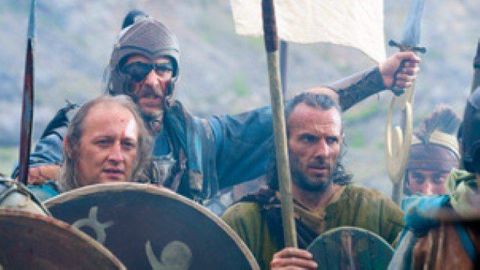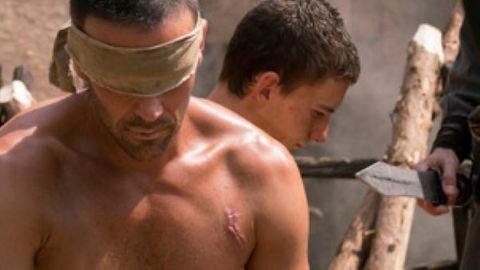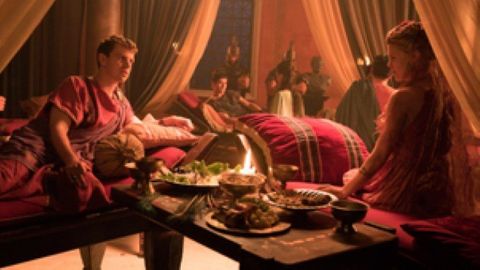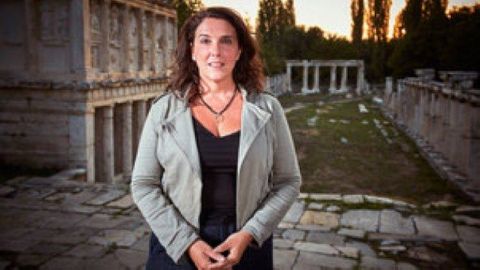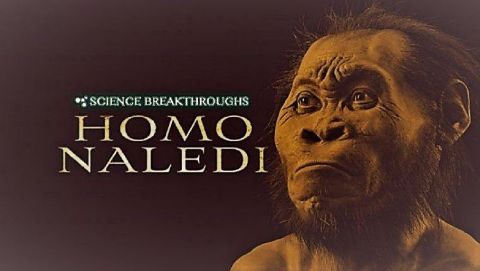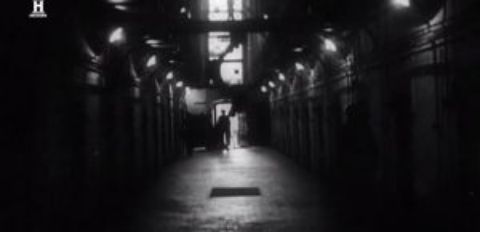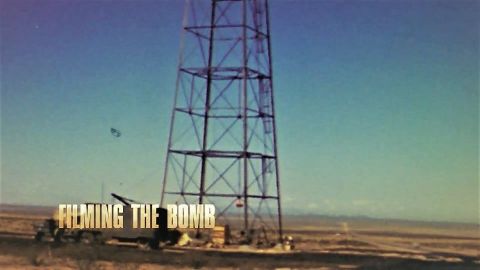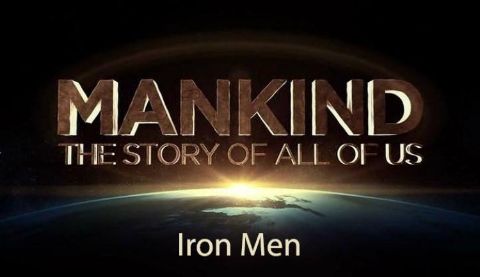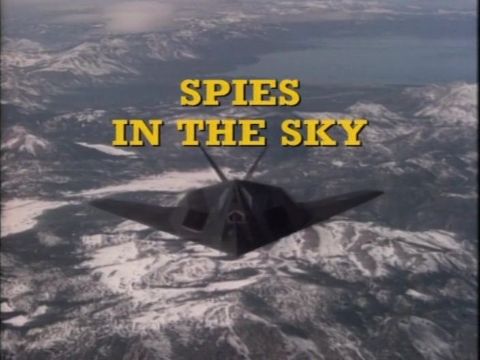Hannibals Last Stand • 2017 • episode "S1E1" • Eight Days That Made Rome
Bettany Hughes recalls eight pivotal days that defined the Roman Empire and its establishment as the world's first superpower. She begins by exploring the day in 202BC when Rome defeated the might of Carthage under Hannibal at the Battle of Zama in modern-day Tunisia "Eight Days That Made Rome is a docu-drama that leaves behind the conventional chronologies of Rome's thousand-year history and brings razor-sharp focus to eight days that created, tested and defined its greatness. Each programme works as a stand-alone, as strong in its own right as part of a series and reveals a Rome relevant to us today, with its noblest and darkest instincts still resonating in the world around us."
Make a donation
Buy a brother a hot coffee? Or a cold beer?
Hope you're finding these documentaries fascinating and eye-opening. It's just me, working hard behind the scenes to bring you this enriching content.
Running and maintaining a website like this takes time and resources. That's why I'm reaching out to you. If you appreciate what I do and would like to support my efforts, would you consider "buying me a coffee"?
Donation addresses
BTC: bc1q8ldskxh4x9qnddhcrgcun8rtvddeldm2a07r2v
ETH: 0x5CCAAA1afc5c5D814129d99277dDb5A979672116
With your donation through , you can show your appreciation and help me keep this project going. Every contribution, no matter how small, makes a significant impact. It goes directly towards covering server costs.
